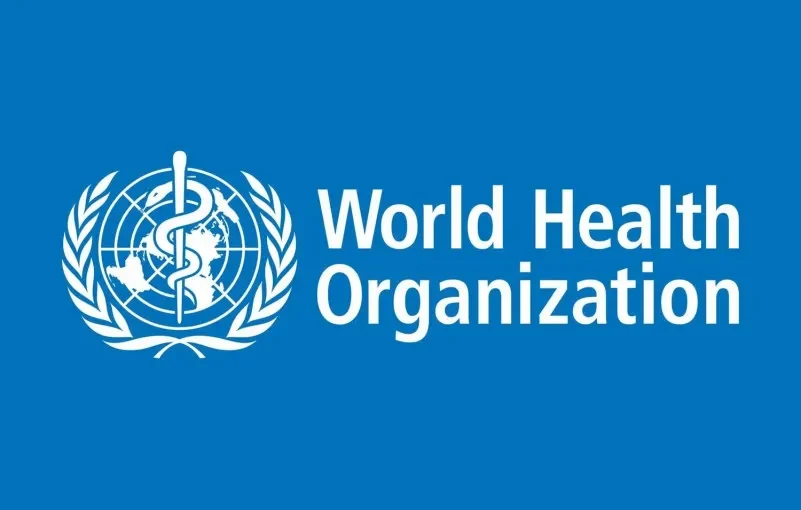By Royal Ibeh, Lagos
Helicobacter Pylori, popularly known as H. pylori, are bacteria that can cause an infection in the stomach or small intestine.
The International Agency for Research on Cancer (IARC), a division of the World Health Organisation (WHO), categorised H. pylori as a class one carcinogen.
The president, African Helicobacter & Microbiota Study Group (AHMSG), Prof. Stella Smith said 50 per cent of the world’s population are infected with H. pylori with people of different race and regions around the world having varied levels of severity and pathological outcomes.
The infection burden in Africa is high with a reported prevalence of 70.1 per cent, however, could be higher due lack of data in some regions of the continent, Smith averred.
In Nigeria, the president revealed that the prevalence of H. pylori infection varies with northern Nigeria to Southern Nigeria, adding that the Northern part of the country has more cases than other parts of the country.
Smith said the pathogen is the most common cause of different gastric disorders including gastritis, peptic ulcer disease, gastric mucosa associated lymphoid tissue (MALT) lymphoma and gastric adenocarcinoma.
Speaking on their mode of transmission, the president said H. pylori bacteria are usually transmitted from person to person through direct contact with saliva, vomit or stool, while revealing that it can be transmitted from one person to another through contaminated food or water.
In spite of the prevalence and associated pathological outcomes attached with the infection, Smith lamented that H. pylori infection was obviously a neglected disease in Africa.
Most other infectious disease like HIV, malaria, tuberculosis and more recently COVID-19 have more attention in terms of research funding and grants, she said, while stressing the importance of accurate and prompt diagnosis as key to managing, treating and eradicating H. pylori disease.
While the treatment for H. Pylori was based on recommended antisecretory combination of drugs and antibiotics, Smith revealed that due to misuse and over use of antibiotics, several bacterial pathogens including H. pylori have developed resistance to antibiotics.
“This is posing a big challenge to the effective treatment and eradication of H. pylori infection. There is no treatment regimen which guarantees cure of H. pylori infection in 100 per cent of patients,” she stated.
She said that selected treatment must consider local antibiotic resistance patterns (if known), previous exposure and allergies to specific antibiotics, cost, side effects, and ease of administration.
She however advocated that with the widespread number of resistance studies showing to commonly prescribed antibiotics in Africa, it is time to produce a consensus guideline to guide clinicians on the choice of antibiotic combination for H. pylori eradication, while revealing that African Helicobacter & Microbiota Study Group (AHMSG) is working on a guidelines for H. pylori management in Africa.
Source: Leadership


